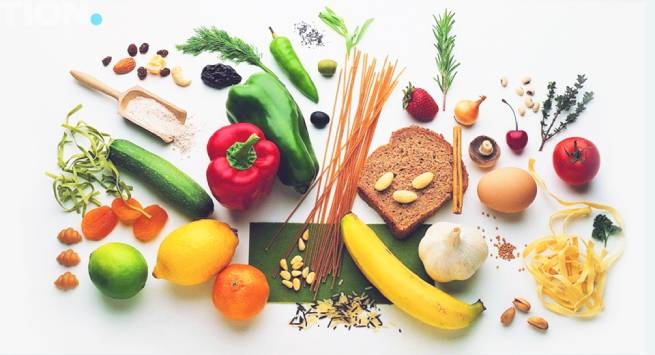Stress from cold, lack of sunlight and physical activity simply requires support for the body “in difficult hours.” Six vitamins and minerals are especially important in winter.
In order to survive the cold period without compromising health, it is important to take care of a balanced diet and make up for the lack of vitamins and trace elements. However, an excess of vitamins is also harmful, so it is better to take a control blood test and determine whether you need a prophylactic dose or already a therapeutic one.
Vitamin D plays a very important role in metabolism. Its main source is sunlight, the lack of which is noted in winter. Vitamin D can be obtained from food in two varieties: D2 (ergocalciferol, found in vegetable products grown in the sun), and D3 (cholecalciferol, found in animal products – in fish, eggs, cheese, beef liver).
Vitamin C necessary to support immunity, fight colds. Ascorbic acid also helps to maintain the elasticity of skin suffering from cold, as it stimulates collagen synthesis. To saturate the body with vitamin C, you need to eat foods with a high content of it: citrus fruits, bell peppers, cauliflower, apples and greens. The vitamin is also well preserved in dry rose hips, which can be brewed with tea.
Flaw vitamin B6, pyridoxine, can cause depression and nervous breakdown. Hair loss is also noted, and “jams” appear in the corners of the lips. Pyridoxine is found in walnuts, beef liver, yeast, raw egg yolk, cabbage.
Vitamin A important during the cold season – it strengthens the mucous membranes and helps fight inflammation. With a lack of retinol, visual acuity is lost, the so-called “night blindness” appears – the eyes see poorly in winter twilight. Vitamin A is found in beef liver, red fish, and beta-carotene, which the body already synthesizes into it, is found in carrots, spinach, pumpkin, broccoli.
Zinc – an active participant in the processes of cellular immunity, so that in the “cold season” it is no less important than vitamin C. Shellfish, nutritional yeast, eggs, almonds, beef, pumpkin seeds are rich in this mineral. But only 20-40% of zinc is absorbed from food.
Iron contributes to the production of hemoglobin, which is responsible for supplying tissues with oxygen and helping to regulate blood circulation. With iron deficiency, neither warm gloves nor cozy boots can save you from the cold – hands and feet get cold anyway. The main source of iron is meat and shellfish, so vegan and vegetarian dieters are at risk. Although plant foods also contain iron – 100 grams of spinach contains about 15% of the daily requirement, and about 35% in a glass of boiled lentils.
In order for the winter to pass without a decrease in efficiency, depression, overeating and weight gain, try not only to monitor the diet and saturate it with vitamins and microelements, but also move as much as possible, go for walks more often and regularly ventilate the room.







More Stories
Conditions for early and full retirement
Zakynthos: the famous “Shipwreck” beach is closed again this year
Riots in Athens, police used tear gas and batons (video)